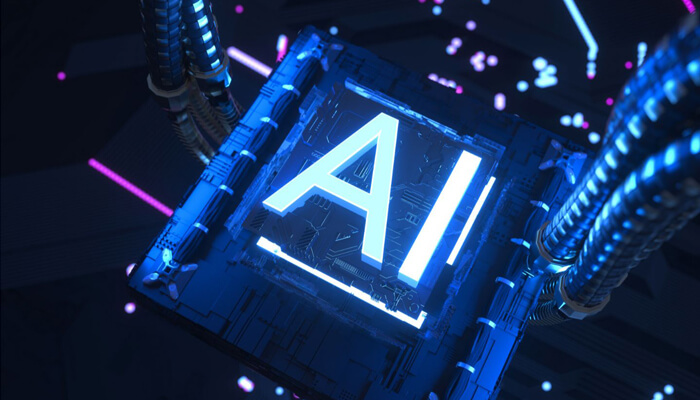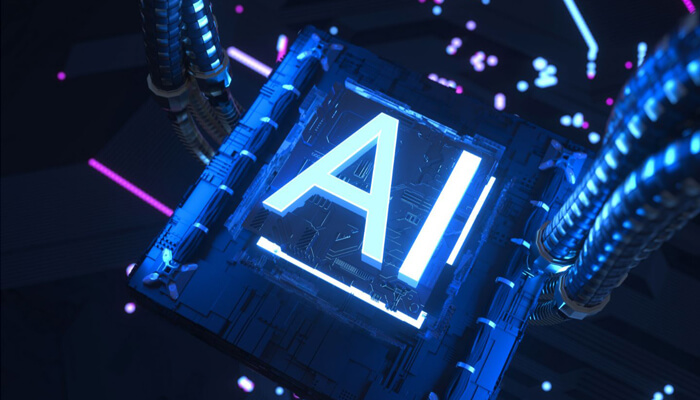An artificial intelligence (AI) course is a type of academic program that focuses on teaching students about the principles and techniques of AI. These courses typically cover machine learning, natural language processing, robotics, and computer vision and may also include elements of mathematics, computer science, and engineering. Students who take an artificial intelligence course may learn how to design, implement, and evaluate AI systems and may also have the opportunity to work on projects that involve building or programming AI systems. The specific content of an AI course will vary depending on the course level (e.g., introductory, intermediate, or advanced) and the institution offering the course.
1. Gaining a strong foundation in AI principles and techniques:
An AI course can provide students with a broad understanding of the field, including key concepts, algorithms, and applications. This foundation can be useful for those new to the field and who want to build a strong foundation of knowledge, as well as for those who are looking to expand their existing knowledge of AI. Through an AI course, students can learn about topics such as machine learning, natural language processing, robotics, and computer vision, and they can also learn about the mathematical and computational principles underlying these techniques.
2. Developing practical skills:
Many AI courses include hands-on components, such as programming assignments or lab exercises, which can help students develop practical skills and experience working with AI systems. These hands-on components can be especially valuable for students who want to learn by doing and who want to gain hands-on experience with AI technologies.
3. Staying current with the latest developments:
The field of AI is rapidly evolving, and an AI course can help students stay up-to-date with the latest techniques and technologies. This can be important for those who want to pursue a career in AI, as it can help them stay competitive in the job market and ensure that they are well-prepared for the challenges and opportunities that the field presents.
4. Enhancing career opportunities:
With the increasing demand for professionals with AI skills, completing an AI course can make students more competitive in the job market and open up new career opportunities. AI is a key technology that is transforming many industries, and professionals who have expertise in this area are in high demand. An AI course can provide students with the knowledge and skills they need to pursue a wide range of AI-related careers, such as data scientists, machine learning engineers, or natural language processing engineers.
5. Improving critical thinking and problem-solving skills:
AI courses often involve analyzing and solving complex problems, which can help students develop strong critical thinking and problem-solving skills. These skills are valuable in any field, as they can help students approach challenges and opportunities in a logical and systematic way.
6. Expanding knowledge and understanding:
An AI course can provide students with an in-depth understanding of the field and its potential to impact society and the economy. Through an AI course, students can learn about the ways in which AI is being used to transform industries and solve complex problems, and can also explore the ethical, social, and economic implications of this technology. This can be a valuable learning experience for those who are interested in the broader implications of AI and who want to understand how this technology is shaping our world.
7. Improving communication skills:
AI courses often involve working in teams or presenting technical material to a non-technical audience. This can help students improve their communication skills, which are valuable in any field.
connect with other students, professors, and industry professionals who are interested in AI. This can be a valuable resource for those who are looking to build a strong network of contacts in the field.
8. Applying knowledge to real-world problems:
Many AI courses include project components that allow students to apply their knowledge to real-world problems. This can be a valuable learning experience for students who want to see how their skills can be used to make a difference in the world.
Artificial intelligence (AI) is a rapidly growing field that is transforming many aspects of our society and economy. As such, there is a high demand for professionals with the skills and knowledge to design, develop, and deploy AI systems.
A certification in machine learning can provide students with the foundation they need to pursue careers in this field or to integrate AI into their current profession. Through an AI course, students can learn about the latest developments and techniques in AI, and gain practical experience building and working with AI systems.
Additionally, an AI course can help students develop critical thinking and problem-solving skills, which are important for success in any field. In short, an AI course can provide students with a valuable and in-demand set of skills that can be applied in a wide range of industries and professions.




